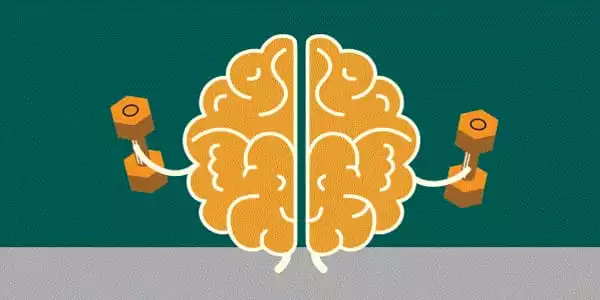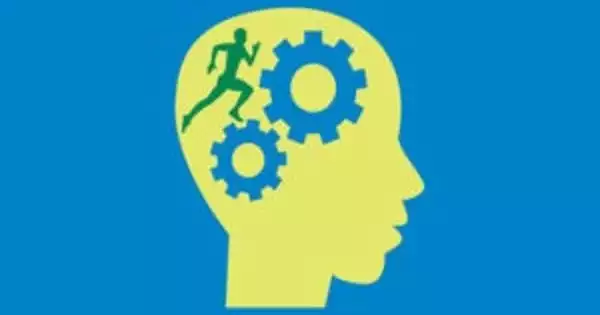Regular physical activity is one of the most important things you can do for your health as an older adult. It has the potential to prevent many of the health issues that seem to accompany aging. It also helps your muscles develop stronger, allowing you to carry on with your daily chores without becoming dependent on others. Remember that any amount of physical activity is preferable to none at all. The more physical exercise you engage in, the better your health will be.
Chronically ill older persons should understand whether and how their diseases limit their capacity to engage in regular physical activity safely. When older persons are unable to engage in 150 minutes of moderate-intensity aerobic activity per week (for example, 30 minutes per day, five days per week) due to chronic problems, they should be as physically active as their abilities and conditions allow.
We are all aware that we should exercise and eat healthily. But doing so isn’t simply excellent for keeping your figure as you get older. According to new research from the University of Georgia, physical activity may help protect your cognitive capacities as you age. And it doesn’t have to be strenuous exercise to have an effect.
“This discovery isn’t saying, ‘If you’re older, you should go out there and start running marathons,'” said Marissa Gogniat, main author of the study and a recent doctoral graduate in psychology from the Franklin College of Arts and Sciences. “This is stating that if you get more steps, if you move around your environment a little bit more, it can be beneficial to your brain function and keep you more independent as you age.”
This discovery isn’t saying, if you’re older, you should go out there and start running marathons. This is stating that if you get more steps, if you move around your environment a little bit more, it can be beneficial to your brain function and keep you more independent as you age.
Marissa Gogniat
Exercise improves brain function
The study, which was published in Sport Sciences for Health, tracked 51 older persons, recording their physical activity and fitness metrics. The participants completed tests designed particularly to assess cognitive ability as well as MRIs to examine brain function.
They also wore a device that tracked the intensity of their physical activity, the number of steps they took, and the distance they traveled. The researchers measured fitness with a six-minute walking test in which individuals walked as fast as they could to cover the maximum distance in the shortest amount of time.
“We’ve always been told it’s good to exercise, but I think this is some evidence that exercise can actually change your brain,” Gogniat said. “And that impacts the way you’re able to function in your daily life.”

Brain networks improve with physical activity
The brain is made up of various networks. These networks are constantly communicating with one another and exchanging information. However, various areas of the brain are active at certain periods. When a person attempts to finish a task, the network that is active when the body is at rest, for example, switches off. At that point, another network begins to operate.
One of these networks should be turned off while the other is operational. If it isn’t, it indicates that a person’s brain isn’t working as well as it should. These networks are essential for performing fundamental daily tasks such as remembering critical information and exercising self-control. But as people age, these tasks often become more difficult.
This study was the first to examine how these networks interact with physical activity and fitness to impact how the brain functions.
“This article is intriguing because it provides evidence that when people whose brain networks aren’t functioning optimally engage in physical exercise, we find improvements in their executive function and independence,” said Gogniat. “We’re not suggesting that you drastically alter your lifestyle. Maybe you should just take the stairs to work. Stand up and take a few more steps around the room. Not insane, high-intensity activity, but that’s where you get the most bang for your dollars.”
Only about one out of every ten Australians over the age of 50 exercises enough to help their cardiovascular health. According to some estimates, a lack of physical activity may account for around half of the physical decline associated with old age. It has been proposed that persons over the age of 65 require proper fitness levels more than any other age group to help them maintain independence, recover from illness, and lower their high risk of disease.
Several studies suggest that it is never too late to start exercising. The human body responds to exercise regardless of age, and there are numerous health benefits. If you are over 40, obese, have a chronic condition, or have been sedentary for a long period, you should consult your doctor before beginning any new fitness plan.















